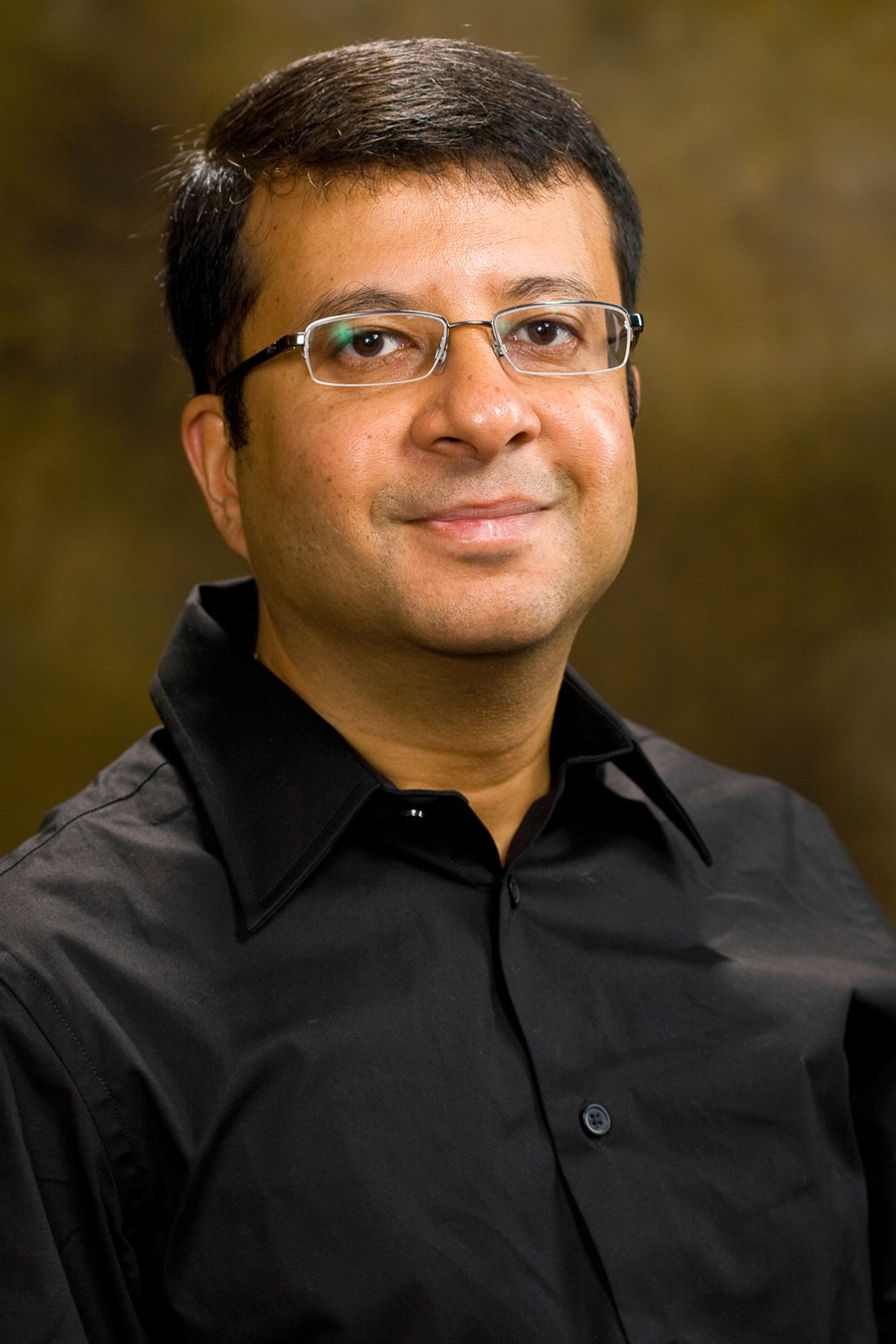Workers May 'Choke' Under Pressure of Non-Monetary Incentives
FAYETTEVILLE, Ark. – Competition for non-monetary awards can have adverse effects on performance and may cause employees to “choke” under pressure, according to a new study by a University of Arkansas economist.
Raja Kali, professor of economics in the Sam M. Walton College of Business, and colleagues at HEC Montreal, a business school in Canada, examined the performance of elite U.S. golfers between 2006 and 2012 and found that players underperformed when trying to qualify for the U.S. Ryder Cup team, which does not compensate them for participating.
The findings, published in the Journal of Economics & Management Strategy, challenge historical findings indicating that non-monetary incentives like plaques, rings and “employee-of-the-year” competitions motivate employees to perform better.
“In terms of broader impact or relevance to the way firms do business, these findings are important, because managers and firms in general probably do not realize that some non-monetary efforts to build morale or boost performance may not be helping,” Kali said. “In fact, they may be counterproductive.”
The researchers focused on performances of elite golfers in PGA of America tournaments that qualified them for the Ryder Cup, the prestigious competition between U.S. and European golfers. Being part of an elite group of golfers and the opportunity to represent one’s country were identified as primary incentives for participating in the Ryder Cup.
The Ryder Cup qualifying point system allocates a number of points to each PGA Tour tournament. During the qualifying period, which is typically two years, two editions of the same PGA Tour have a different value of Ryder Cup points. One year – the year previous to the Ryder Cup – there are few points, and the next year – the year of the Ryder Cup – there are many points, while all other aspects of the tournament are the same.
The researchers’ strategy was to compare the performance of players across the same tournament in two subsequent years. By focusing on blocks of the PGA Tour tournament with similar economic incentives (prize money) but different glory incentives (Ryder Cup points), they could measure the effect of the latter.
“We found significant evidence that the desire to attain glory – which, in this case, we defined as the effects of status, social esteem and respect – was a burden for player performance,” Kali said. “Furthermore, the players who underperformed the most were those who were in more desperate need of Ryder Cup points.”
The researchers wanted to understand and add to the literature on non-monetary incentives, which are widely used by firms and are generally assumed to have a positive impact on worker performance. The new study is the first to examine non-monetary incentives in a competitive, entrepreneurial setting.
It is also the first study to find evidence of diminished performance or failure – popularly referred to as “choking,” especially in the context of sports – when explicitly competing for non-monetary incentives.
“Choking under pressure, rather than risk-taking or intimidation by superstars, seems to be the reason behind underperformance, especially when the competitive pressure intensifies,” Kali said.
Kali holds the ConocoPhillips Chair in International Economics and Business.
About the University of Arkansas: The University of Arkansas provides an internationally competitive education for undergraduate and graduate students in more than 200 academic programs. The university contributes new knowledge, economic development, basic and applied research, and creative activity while also providing service to academic and professional disciplines. The Carnegie Foundation classifies the University of Arkansas among only 2 percent of universities in America that have the highest level of research activity. U.S. News & World Report ranks the University of Arkansas among its top American public research universities. Founded in 1871, the University of Arkansas comprises 10 colleges and schools and maintains a low student-to-faculty ratio that promotes personal attention and close mentoring.
Topics
Contacts
Raja Kali, professor of economics
Sam M. Walton College of Business
479-575-6219,
rkali@walton.uark.edu
Matt McGowan, science and research communications officer
University Relations
479-575-4246,
dmcgowa@uark.edu
Headlines
PetSmart CEO J.K. Symancyk to Speak at Walton College Commencement
J.K. Symancyk is an alumnus of the Sam M. Walton College of Business and serves on the Dean’s Executive Advisory Board.
Faulkner Center, Arkansas PBS Partner to Screen Documentary 'Gospel'
The Faulkner Performing Arts Center will host a screening of Gospel, a documentary exploring the origin of Black spirituality through sermon and song, in partnership with Arkansas PBS at 7:30 p.m. Thursday, May 2.
UAPD Officers Mills and Edwards Honored With New Roles
Veterans of the U of A Police Department, Matt Mills has been promoted to assistant chief, and Crandall Edwards has been promoted to administrative captain.
Community Design Center's Greenway Urbanism Project Wins LIV Hospitality Design Award
"Greenway Urbanism" is one of six urban strategies proposed under the Framework Plan for Cherokee Village, a project that received funding through an Our Town grant from the National Endowment for the Arts.
Spring Bike Drive Refurbishes Old Bikes for New Students
All donated bikes will be given to Pedal It Forward, a local nonprofit that will refurbish your bike and return it to the U of A campus to be gifted to a student in need. Hundreds of students have already benefited.





